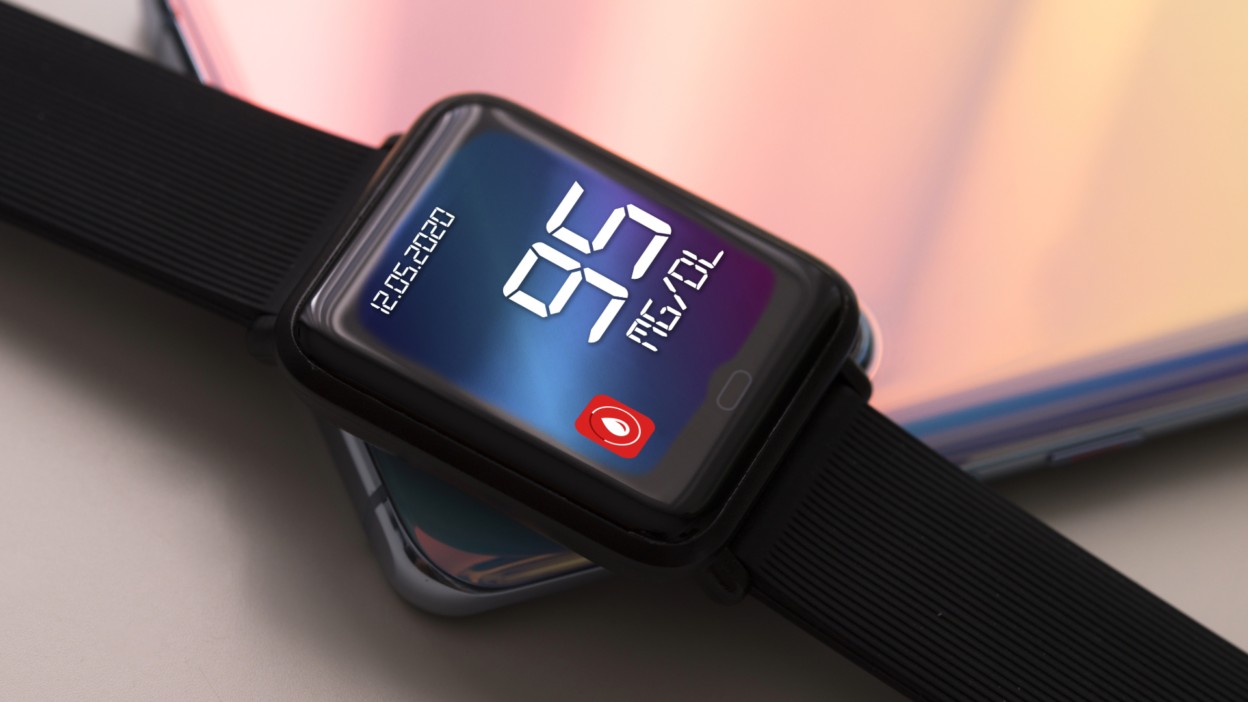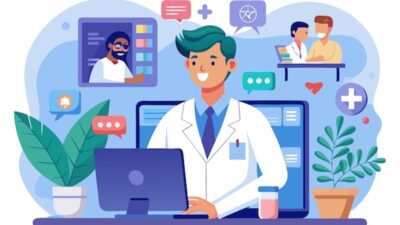Wellness meets innovation in diabetes and beyond.
Where Health and Technology Collide
The world of diabetes technology is evolving quickly, all while combining health, wellness, and cutting-edge innovation. What once was focused solely around managing blood sugar levels has now expanded into something much larger. Newer technologies are helping diabetics and non-diabetics to live healthier, more connected lives. Companies like Abbott, Dexcom, and Medtronic are ahead of these changes and the focus has shifted to a much larger population.
A Game-Changing Collaboration
One exciting move is the partnership between Abbott and Medtronic. Abbot’s FreeStyle Libre glucose monitoring system will soon be integrated with Medtronic’s insulin delivery technology. But this is just one small part of a larger story.
Companies are developing technologies beyond traditional diabetes care, focusing on wellness and lifestyle optimization. Abbott’s Lingo and Dexcom’s Stelo sensors are transforming glucose monitoring for non-diabetics. Their new tech is helping people make smarter choices about their diets and fitness routines. Startups like Zoe and Levels have joined the movement, offering packages that pair CGMs (continuous glucose monitors) with personalized health insights.
A Massive Market Shift
While new innovation for type 1 diabetes is still in the works, the focus is pivoting more towards the type 2 diabetes market. This group is projected to hit $79 billion by 2034. Many of these individuals don’t use insulin, but they can benefit immensely from tools that provide data on how food and exercise affects their blood sugar.
- Abbott is addressing this head-on with its upcoming Rio sensor, set to be available over-the-counter in the U.S.
- Dexcom’s Stelo, already in use by 140,000 people, is making glucose data actionable for non-insulin users.
The Promise of Non-Invasive Glucose Monitoring
Imagine tracking your glucose levels without a needle. That far fetched dream is quickly becoming a reality. Companies like Moglu are developing non-invasive tech, using lasers and spectroscopy to measure glucose. For patients who dread daily finger pricks or wearing sensors, this could be a game-changer.
Meanwhile, innovation is developing into our everyday wearables. Dexcom’s collaboration with Oura, for example, is starting a movement where glucose data blends seamlessly with your fitness ring or smartwatch.
The power of AI (artificial technology) is not to be forgotten. Apps like Stelo are now offering personalized advice based on glucose trends, taking the guesswork out of food and exercise decisions.
Beyond Glucose: What’s Next?
The future isn’t just about tracking blood sugar. Abbott is developing continuous ketone monitor (CKM), expected to launch soon. This could revolutionize care for those at risk of diabetic ketoacidosis, replacing outdated urine strips with real-time data.
The Insulin Delivery Revolution
On the insulin delivery front, the innovation keeps coming:
- The Omnipod 5 is making waves in Europe and now supports type 2 diabetes users in the U.S.
- Beta Bionics is creating a dual-hormone pump (offering both insulin and glucagon) that could hit the market by 2027.
- Tandem is developing the sleek “Tobi” tubeless pump, while Ypsomed continues to grow its mylife Loop system.
Even Big Pharma is joining the race, exploring once-weekly basal insulin formulations despite regulatory hurdles.
The Competitive Landscape
The competition in this space is fierce, and it’s only heating up:
- Dexcom’s G7 is leading the charge for longer wear times and better usability.
- Abbott is phasing out its Libre 2 model in favor of next-gen options.
- Startups are developing worldwide, from Singapore’s Syai Tag to China’s expanding market of more than twelve CGM brands.
Looking into the future, non-invasive tech and wearable integration (think glucose-monitoring jewelry) could redefine how we track our health altogether.
2025 and Beyond
The year 2025 promises to be a turning point in diabetes care and beyond. Expect a few of the following:
- Smarter, AI-driven insights that make data more actionable.
- Greater device compatibility, so your tech works together seamlessly.
- Integration between medical tools and lifestyle gadgets.





